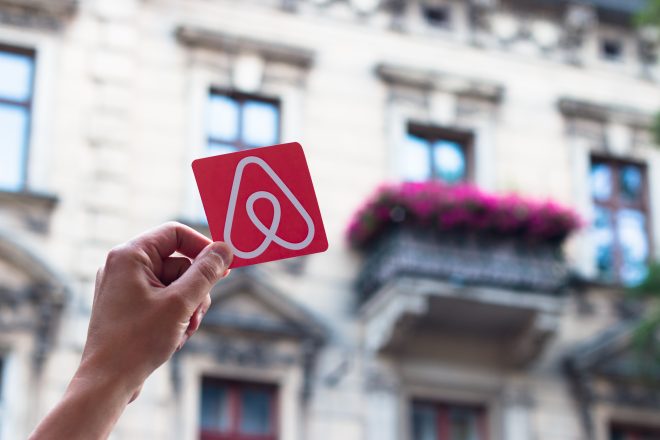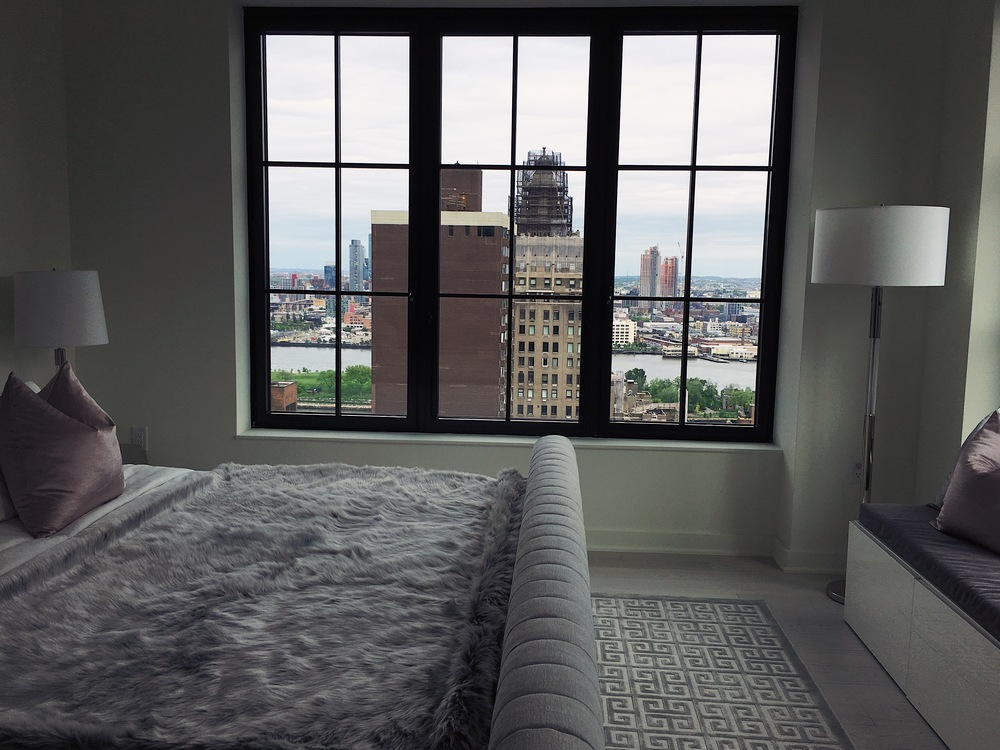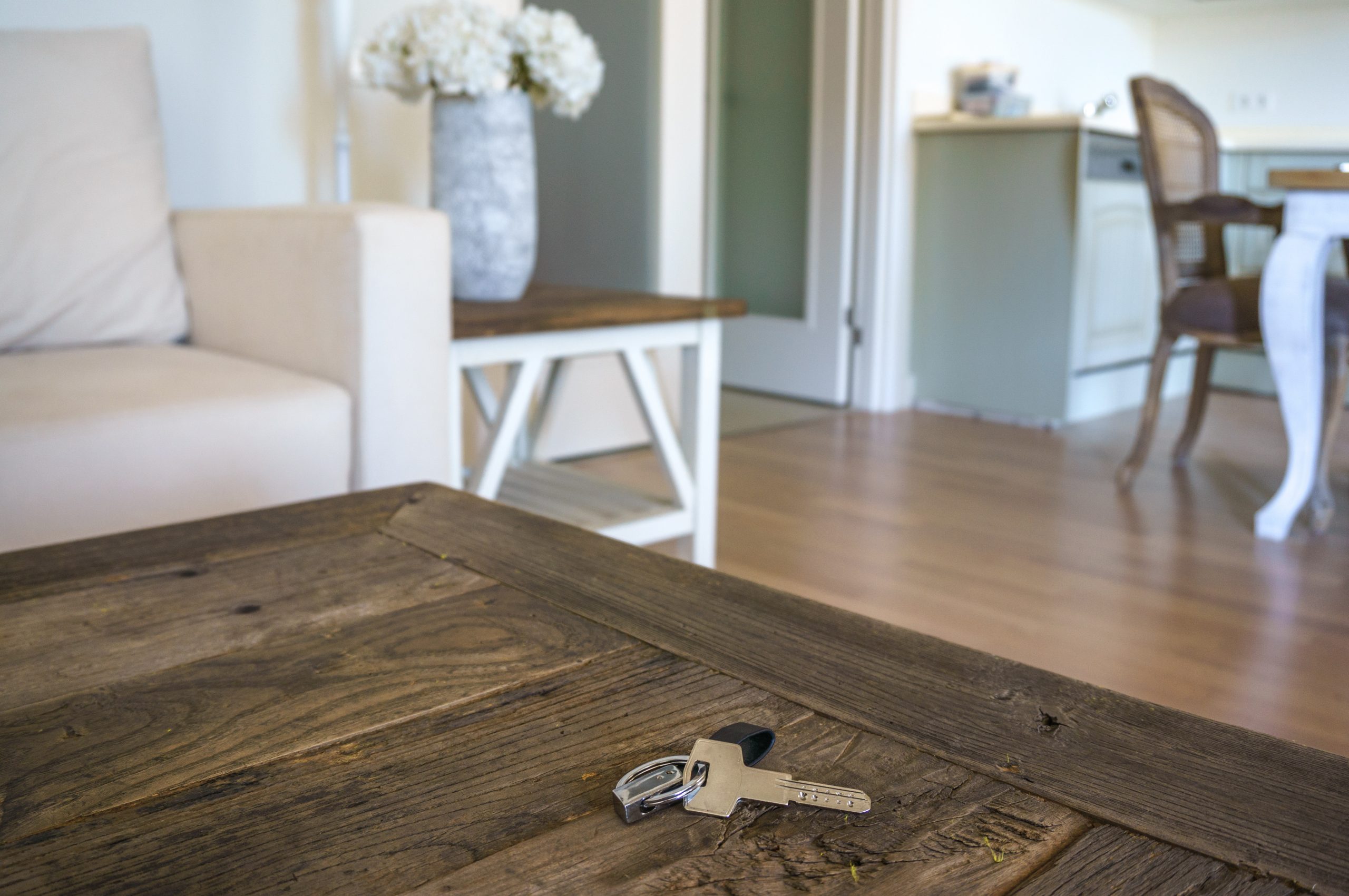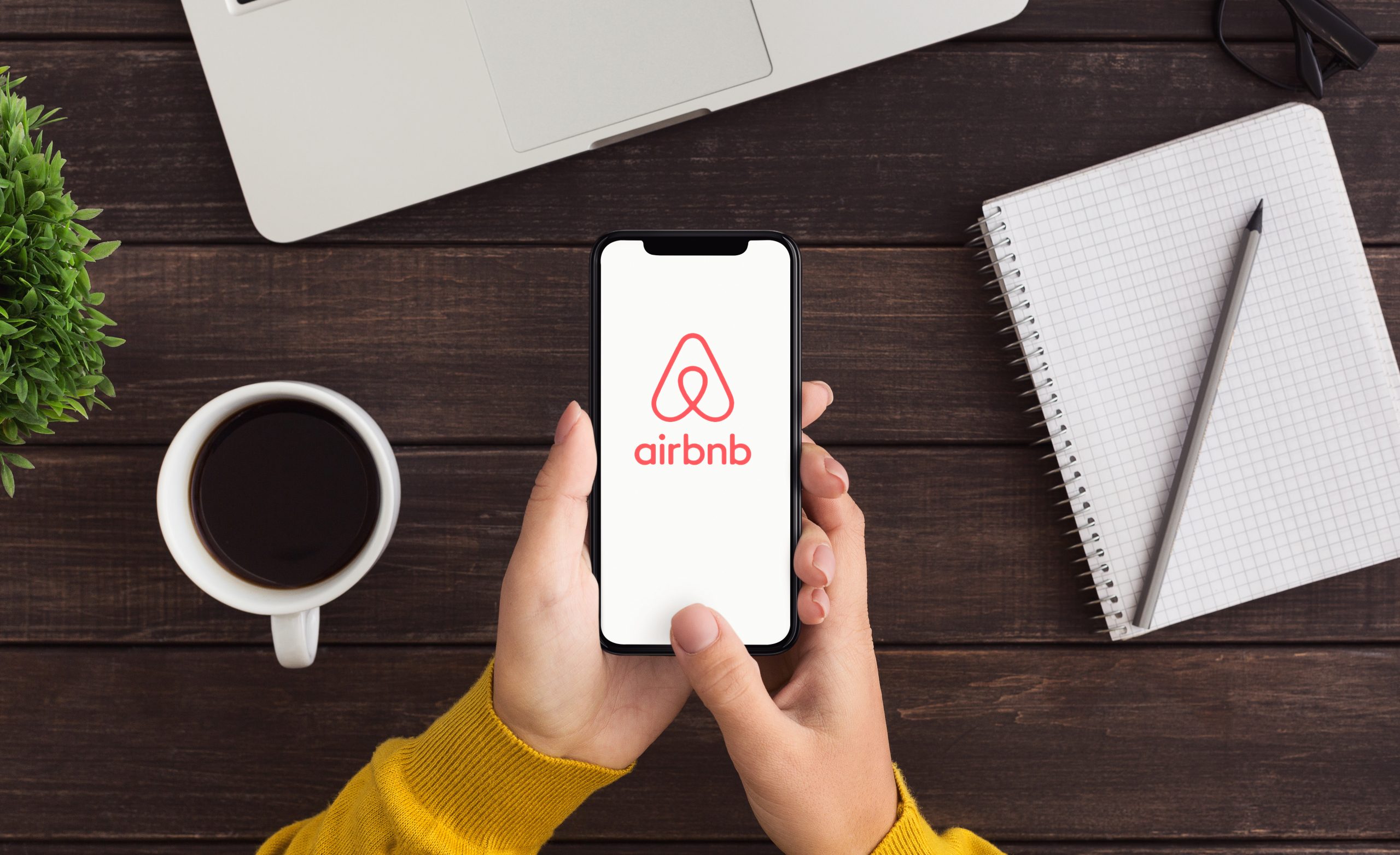AirBnb vs Sublet: How to Make Money Off Your Guest Room

If you’ve ever considered renting out an extra room in your apartment, consider the following deep dive into the pros and cons of AirBnb vs sublet.
Table of Contents
Renting Your Spare Room in NYC

If you are looking to make some extra cash, then you may want to rent out your spare bedroom through AirBnB or another subleasing service. However, New York City has some strict and complicated rules regarding the legality of subletting and temporary renting. On this page, we will discuss the differences between subleasing and AirBnBs, as well as the benefits and drawbacks you should consider before renting out your home.
Subleasing

Subleasing refers to the process of renting out your home (or a portion of it) for a certain period of time. This can range from a couple of days, to many months or a year.
Can You Sublease Your NYC Apartment?
Under certain circumstances, it is legal to sublease your apartment in NYC. In order to legally qualify to sublease your apartment or a room in your apartment, make sure that you fit the following criteria:
- Your building has more than 4 units
- You do not live in public housing or receive section 8 assistance
- You plan to reside in the unit after the sublease is over
- You plan to sublease for a length of time between 30 days and 2 years
How to Sublease Your Guest Bedroom
If you want to sublease your extra room or your whole apartment, then you will need to make sure that you have your legal bases covered. Do not informally sublease by simply taking money from your temporary tenant. This can be illegal.
Instead, you need to get explicit permission from your landlord to sublease your apartment. Using certified mail, make this request in writing, and be sure to get their answer in writing, too. Before you ask, check your lease agreement. If you signed a secure contract, you probably will not be allowed to sublease your apartment at all. Flexible contracts, however, allow you sublease as long as you get permission.
Once you get this permission, look for renters through online services. Be sure to meet with them in person before signing your sublease agreement to make sure they seem reliable. The sublease agreement can either be drawn up by a lawyer on your behalf, or you can use one of the many online legal services that offer sublet contract templates.
Also consider requiring your renter to give you a refundable safety deposit. After all, since you are the one on the lease, you will be left responsible for any damages to the property, even if they were caused by your tenant.
Difference Between Sublease and Assignment
Subleases only refer to temporary rentals where the original occupant will return to the home at the end of the agreed upon period. If you want to rent out your apartment for the duration of your lease without planning to return, then this is called an “assignment,” not a sublease. The process for getting approval will look very similar to the process for getting a sublease. Ask your landlord and be sure that all of the important contracts are signed in writing. Assigning your lease is a great alternative to breaking it if you need to move in the middle of your contract period.
AirBnB

AirBnB is a major company that has revolutionized subleasing and other short term stays. NYC visitors can browse AirBnB listings as an alternative to expensive hotels, and New York residents can use them to make some extra cash on the side by renting out unused apartments and rooms. However, there are some strict rules that make converting your apartment to an AirBnB a bit more complicated in NYC.
Is AirBnB Subletting Illegal in NYC?
Listing your guest bedroom as an AirBnB is a type of subleasing. As such, in most cases you are required to follow the subleasing leasing laws discussed above. This can be a big problem for those who want to treat their spare room as a hotel room instead of a traditional sublease.
Subleases in NYC must have a minimum time span of 30 days, so AirBnB guests looking to stay for just a few nights or weeks are out of luck. If you want to avoid this 30 day minimum, then you will have to share a significant amount of data about your home and business outlined here.
However, even if you share this data with the city, you still may not be able to rent your apartment out for short periods of time. This is because of New York’s Multiple Dwelling Law which says that you have to be present in your home if you want to rent it out for less than 30 days. So instead of being able to treat your apartment as a hotel, you will need to treat it more like a boarding house where you are there the whole time the renter is. This is not necessarily a problem if you plan to only rent out your spare room, but if you are looking to rent out your whole apartment or you plan to be away for the duration of your renter’s stay, then you will be in violation of New York law. In these instances, you will need to rent the apartment out for 30 or more days at a time with a formal sublease agreement.
Other rules that you may be violating by renting short-term on AirBnB include tax laws, co-op and building rules, advertising regulations, and business licensing laws. To find out more about whether or not your situation allows for you to rent via AirBnB, then take a look at their website’s help center.
Should You Rent Out Your Spare Room?

So, should you sublease your spare room or apartment? Ultimately, the decision is up to you. However, subleasing and short-term renting in NYC can be a complicated issue fraught with thorny legal issues. Balancing your priorities and doing your research is critical in making sure subleasing is right for you.
Situations Where You Should Sublease Your Apartment
If you are leaving NYC for more than 30 days, but plant to return, then subleasing is perfect for you. You can maintain your NYC home without the financial burden of shouldering the rent for an apartment in which you are not living.
You should also consider subletting your apartment if you would otherwise break your lease. For example, if you have to move in the middle of your lease term, you can assign your lease to another renter to avoid penalties.
In both of these scenarios, you are finding a renter to take over paying the rent for a period of more than 30 days and up to 2 years. With your landlord’s permission and properly signed contracts from all parties, this is a perfectly legal way to rent out your home in NYC.
Situations Where You Should Not Sublease Your Apartment
Do not sublease your apartment without your landlord’s permission. If you never ask for permission or if your landlord rejects your request to sublease, then you open yourself up to a lawsuit and even eviction.
You should also not sublease your apartment or a room in your apartment if the tenant will only be there for a short-term stay (less than 30 days) and you will not be present in the home during that time. If you will continue living in the home during the renter’s stay, then a short-term sublease is okay since you are considered to be hosting instead of illegally hoteling.
However, this is not a one-size-fits-all rule. Instead, there are many other circumstances in which you should not rent out your spare room, even if you will be present in the apartment the whole time. This includes situations like the following:
- Your co-op board or condo building’s rules prohibit subleasing
- Your lease is “secure” instead of “flexible”
- You live in subsidized housing or public housing
- You live in rent-stabilized or rent-controlled housing
Consequences for Illegal Sublets and AirBnBs
If you are caught violating these laws, then the consequences can be steep. You could face hefty fines and even eviction.
Fines for Illegal Sublets and AirBnBs
The Mayor’s Office of Special Enforcement (OSE) can fine you up to $2,500 per day for violating the multiple dwelling law. If you also illegally advertised your room, you may be fined an additional amount ranging from $1,000 to $7,500.
Eviction Because of Illegal Subletting
Your landlord can issue you an eviction notice if you are found to be illegally subletting. Once given notice, you will typically have 7 to 30 days to leave the premises or to fight the eviction in housing court. If you believe you have been unfairly evicted because of subletting your apartment or room, you can reach out to a lawyer to discuss your options.
The Benefits of Subletting Your Apartment
This all might sound scary, but if you do your research, get the right permissions, can handle everything responsibly, then you can safely sublease your apartment or spare room. Look into the resources linked here and keep reading NewDevRev to stay informed on the New York housing laws and policies that impact you.
- Categories:

